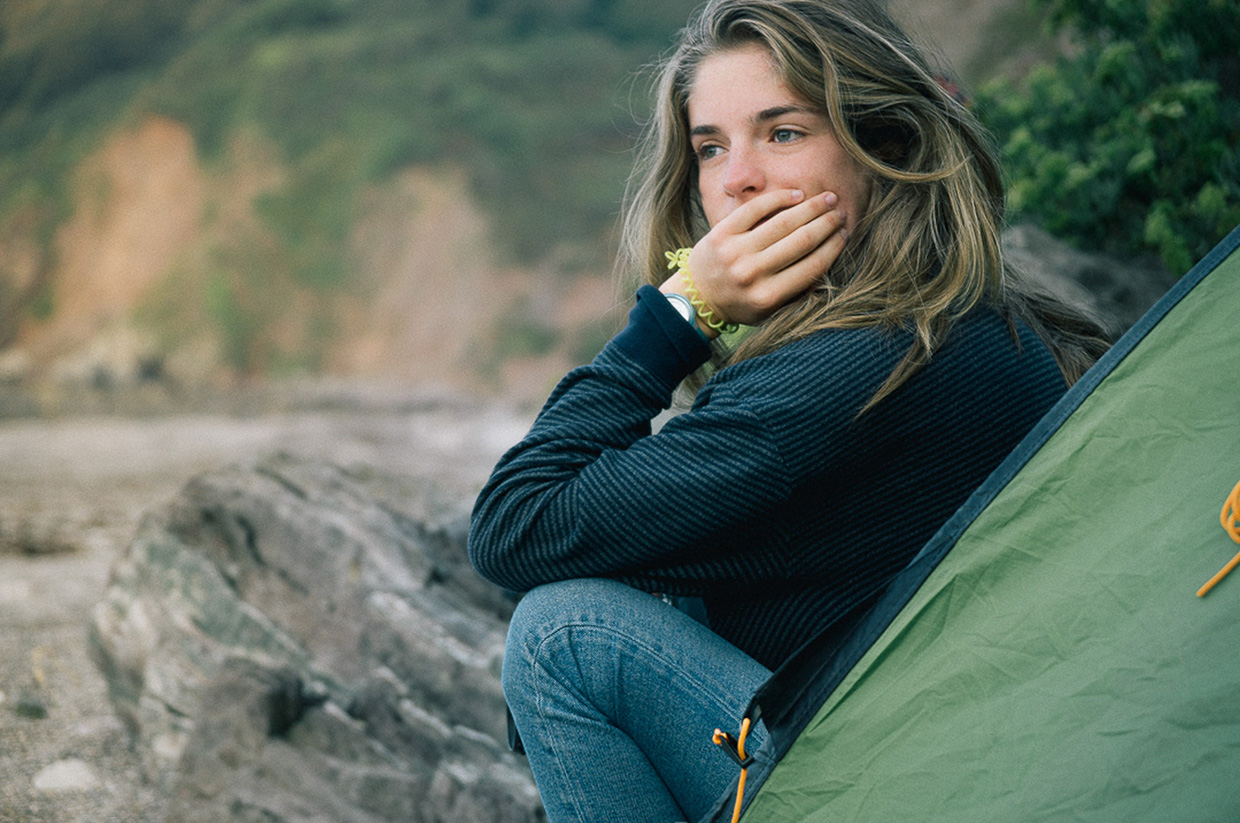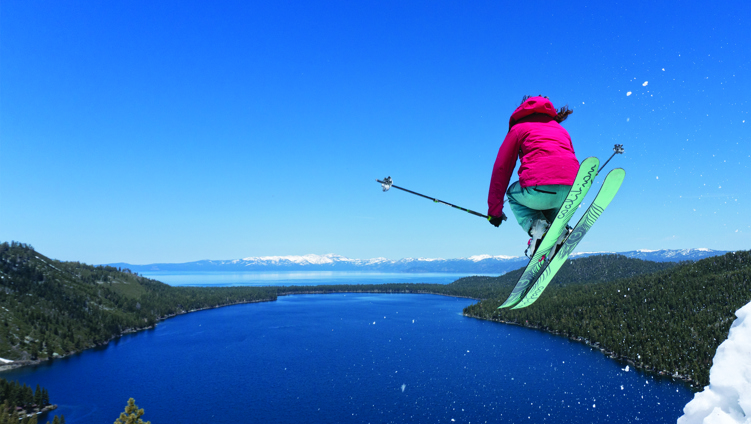Published on 19th September 2018
Founder of Sail Britain Oliver Beardon talks to Helen Taylor about his unique approach to marine conservation and why reconnecting people with the ocean is the best way of preserving it








